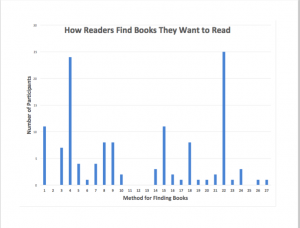The little word just often gets a bad rap. Writers are warned to get rid of it. Like any overused word, writers need to manage the frequency of just in manuscripts. It tends to get used frequently. Let’s take a closer look at the uses of just.
Definitions of Just (The Merriam-Webster Dictionary)
1. exactly; very recently; barely; directly; only; quite; possibly
Very recently: Danny’s still warm coffee mug proved he’d just left the house.
Without just the meaning would drastically change. If I’d written, Danny’s still warm coffee mug proved he’d very recently left the house, I’d be dinged for using very. But recently is too vague; it could represent minutes to hours ago. Why not replace the two words with one – just.
Barely: When the car careened toward him, it just missed hitting his right bumper.
Taking just out changes the meaning. Then, we wouldn’t know how close he came to being part of a car accident. His car could have been missed by an inch or twelve feet. Just is vague, but it puts the space closer to the inch.
Directly: “Honey, look just right of the tree trunk on that tiny branch and you’ll see the owl.”
Again just is vague, but it’s less wordy than: very close to the left of the tree trunk …
2. reasonable; correct or proper; morally or legally right; deserved or merited
His partner could argue all he wanted, but helping the victim was a just cause.
I think uses of just under these second definitions are … justified. Using synonyms, such as upright, honorable, conscientious, and honest will help if just becomes overused.
When Just Becomes a Weasel Word
When you enter the hunt to kill occurrences of just, start with cases similar to the examples below. They supply no benefit, unless the character would use the word in dialogue. Like weasels suck the egg from egg shells, just in the examples steals the power of the words adjacent to them.
I just hated going to crowded theaters.
He always just had to have his way.
Couldn’t he just see that I was sorry?
“There’s just no reason you should go.”
Careful. Don’t blindly remove the “just” occurrences from your manuscripts. Click to tweet.
What do you consider before removing words like just?
COOKING UP KISSES – the $0.99 deal for all five books ends July 18.
 Five scrumptious e-book romance novellas, all for $0.99 or free on KindleUnlimited. Here’s the link. Here are the blurbs:
Five scrumptious e-book romance novellas, all for $0.99 or free on KindleUnlimited. Here’s the link. Here are the blurbs:










 RSS - Posts
RSS - Posts